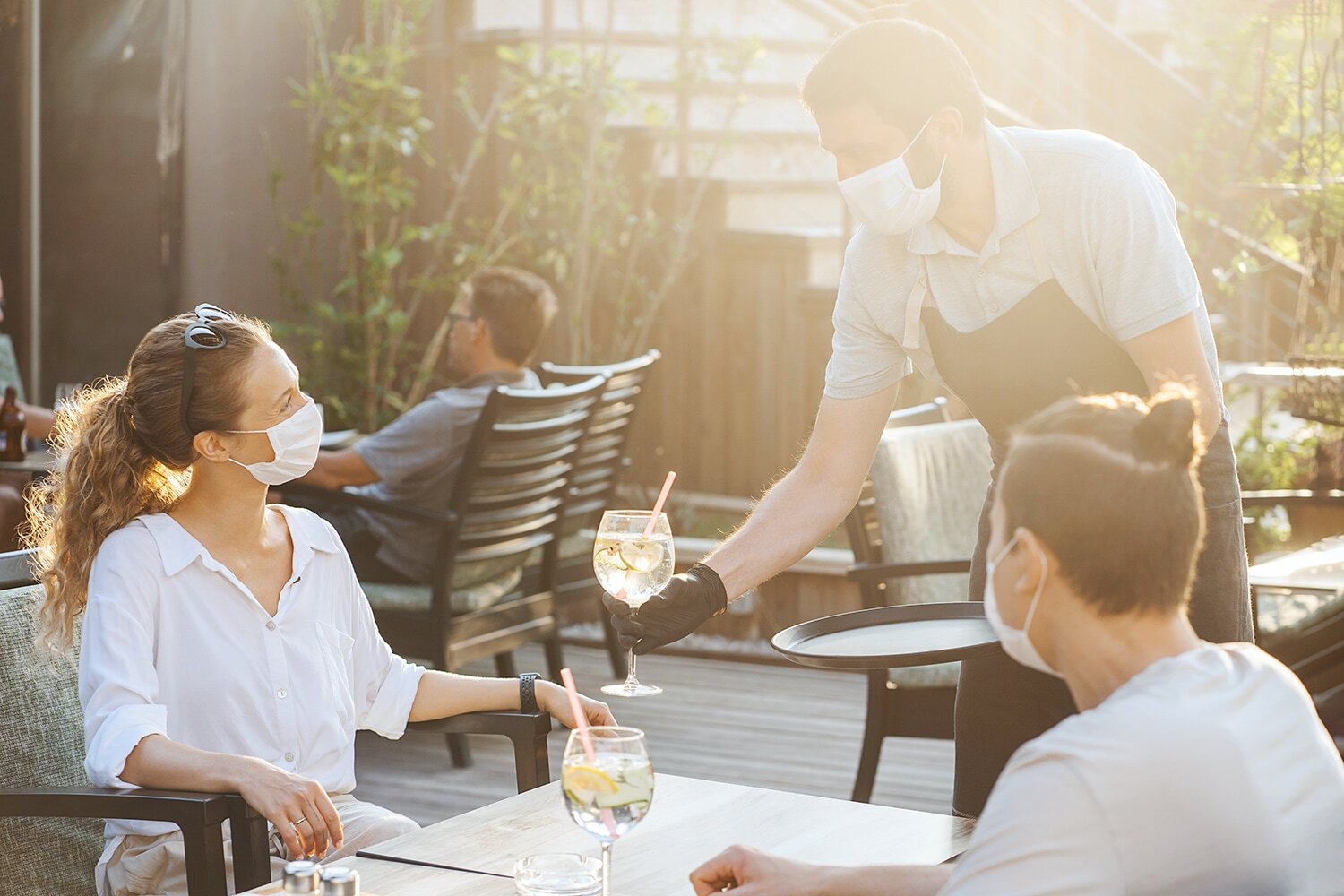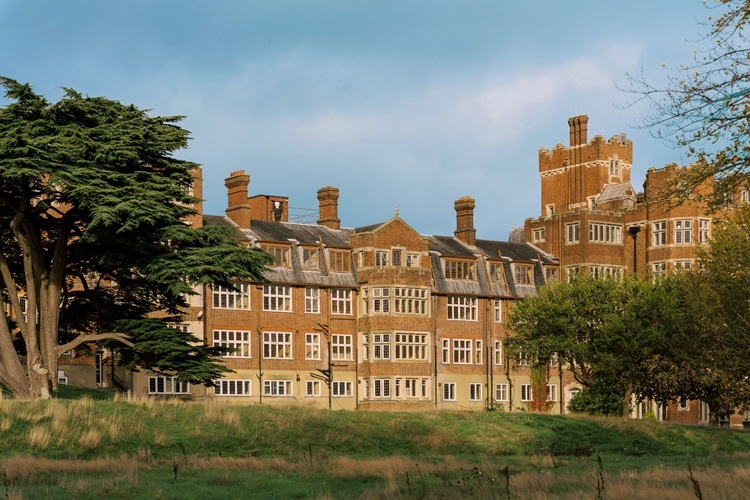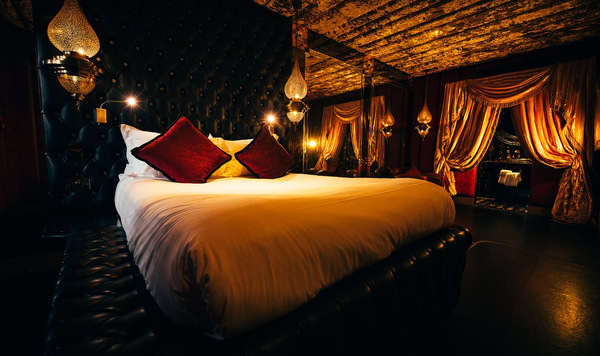Wake-up call: Preparing for an alfresco reopening
Outdoor hospitality can reopen from next week, but certain restrictions and licensing requirements remain in place. Jane Lindop explains what you need to know to open safely and legally.
##The problem
The UK’s bars, pubs and restaurants will once again reopen to customers from 12 April. However, restrictions will mean that diners will only be allowed to eat and drink outside. The government is looking to make it easier for hospitality businesses to adapt, but the rulebook has not entirely been thrown away.
##The law
The lease of the property will set out how the property can be used and whether the property includes the outside area. If not, it may grant rights to place chairs and tables outside on common parts. If no such right exists, it can be granted by way of a licence or an easement by the landlord.
Landlords tend to favour the more informal sitting-out licence as it affords increased control and flexibility. They can end that licence should they wish and restrict those rights from passing on to future tenants.
The tenant may have contractual obligations in their lease not to cause a nuisance, annoyance, disturbance or inconvenience to the landlord, other tenants or occupiers or neighbouring properties. This can extend to restrictions on noise, flashing lights or smells.
A licence is required from a relevant local authority if the occupier wishes to put tables and chairs on a public highway, pavements or pedestrian areas. The government’s Business and Planning Act 2020 makes this easier, with the application fee capped at £100 and a consultation period of just seven days. If a local authority fails to respond within 14 days, a licence is deemed granted for up to 12 months.
The government has also introduced new measures that allow operators to erect a marquee or gazebo without planning permission and the period during which those temporary shelters can be kept in place has been extended beyond the 28 days under the old guidance.
Premises serving alcohol will also need to consider the terms of their premises licence. The Business and Planning Act 2020 has allowed licensed premises that normally only sell alcohol for consumption on the premises to sell alcohol for consumption off the premises until 30 September 2021. Licences that permit off-sales will typically allow alcohol to be consumed in any outside area.
##Expert advice
Everyone wants to see the sector open up and for the public to spend money and enjoy themselves, but the continued threat of the coronavirus pandemic looms large and restrictions remain firmly in place.
The guidance is in many instances woolly and may be difficult to police. For example, customers can meet in groups of up to six, but larger parties are permitted if guests are from just two households. Covered alfresco dining spaces cannot be entirely enclosed, but the guidance is not explicit in what it considers enclosed.
While the government has taken significant steps to make it easier for restaurants and bars to open up outside dining, they do not exempt premises from obligations in their leases.
Check the lease first to see if any outside dining rights exist. If they don’t, speak to the landlord and negotiate either a licence or easement. Landlords are likely to be accommodating as they look to support tenants and collect rents. But note, they may have existing obligations to neighbouring premises to not obstruct particular areas, so flexibility might be needed.
Speak to the landlord and negotiate either a licence or easement. Landlords are likely to be accommodating as they look to support tenants and collect rents
##To-do checklist
- Speak to your landlord to secure a sitting out licence if the lease does not permit outside dining.
- Pay close attention to government guidelines on party numbers and covered outside spaces.
- Check restrictions on the premises alcohol licence and seek any necessary variations.
- Secure a licence from your local authority to permit pavement dining or dining on a highway.
##Beware
Government guidance is dependent on its ability to control coronavirus infection rates. Be prepared for that guidance to change or for further restrictions to be put in place.
##Contact

Jane Lindop is a senior associate in the real estate team at law firm Collyer Bristow
jane.lindop@collyerbristow.com
www.collyerbristow.com

















